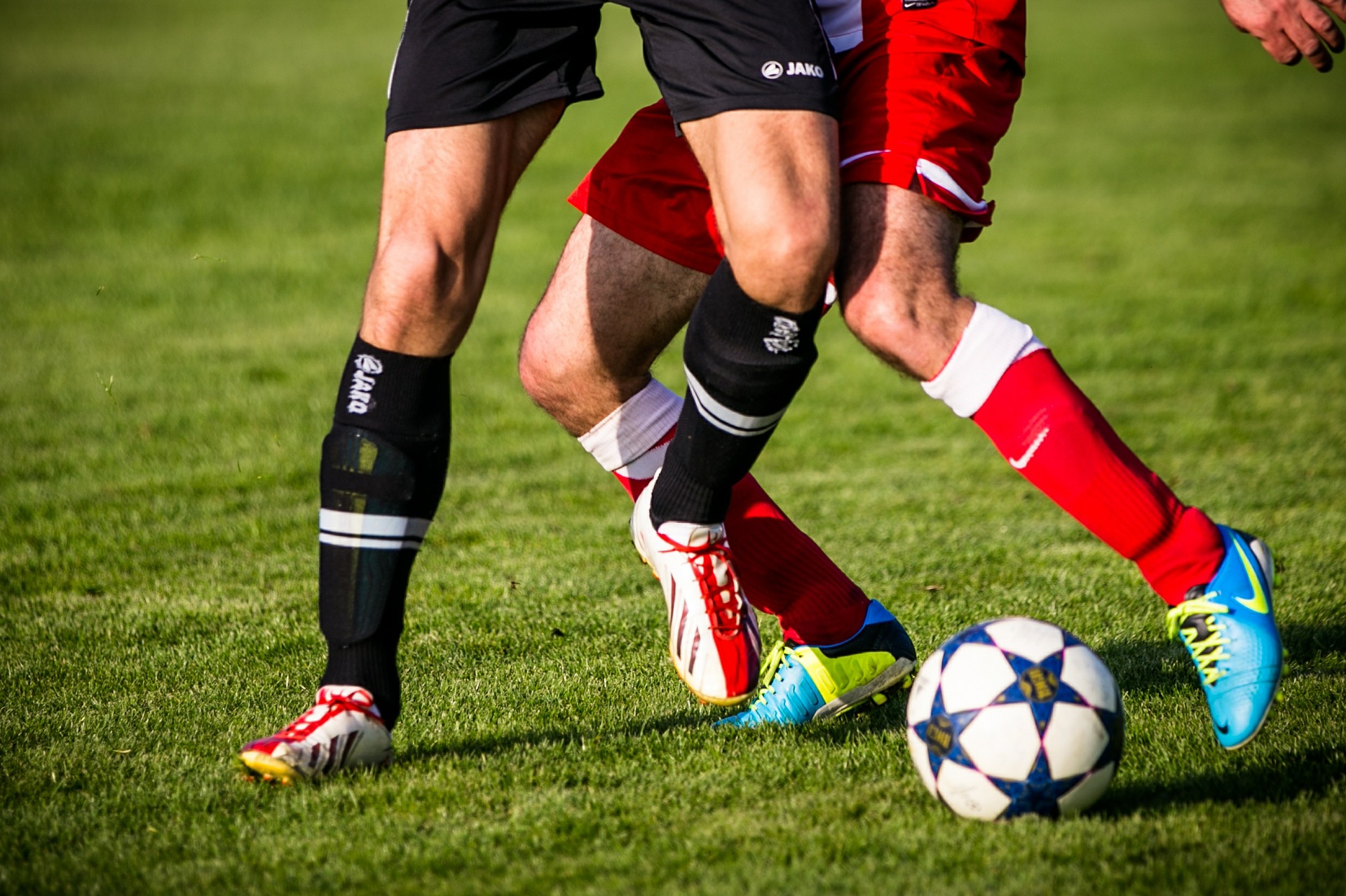Physical activity has always been at the forefront of factors associated with MND, but studies investigating its effect have often been conflicting. The reason why we might see contrasting results is often due to different cohorts and numbers of people included in the study, the method by which the data was collected, or the types of questions asked and the way they were presented. Increased number of studies on the same topic might then improve the way these are conducted in the future and provide more reliable conclusions.
The most recent multi-centre study that included over 1,500 people with MND and nearly 3,000 control participants was conducted by the Euro-MOTOR consortium under the leadership of Prof Leonard van den Berg. Today (24 April), the group published a paper on their findings in the Journal of Neurology, Neurosurgery and Psychiatry . The study collected data using thorough questionnaires, presented to Dutch, Irish and Italian participants either face-to-face or on paper, asking about their exposure to smoking, alcohol, and the type and amount of physical activity throughout their lifetime – both occupational and leisure. A score was then assigned to each person based on the amount of energy expenditure each activity requires – this is called metabolic equivalent of task (MET).
Aside from showing that people with MND smoked more and drank less alcohol compared to control participants, a significant positive relationship between physical activity and likelihood of MND was confirmed, shown by an odds ratio (OR) for all physical activities of 1.06 (1.07 for leisure time activities only). This statistic represents the ‘odds’ of a risk effect (here, physical activity) occurring in one group compared to another, where an OR of 1.0 shows no difference between the groups, OR greater than 1.0 shows increased risk and any score below 1.0 shows reduced effect in the test group = protective effect. In effect, this means that there was a 6% increase in risk to people with high activity levels.
While main focus was on the association of physical activity and the risk of developing MND, other analyses were ran to explore the relationship even further. The researchers looked at whether the relationship is affected by (a) gender, (b) presence of C9orf72 repeat expansions, (c) educational level, (d) hours per week, start and stop time of physical activity, (e) onset of the disease: i.e. bulbar or spinal, and (f) age of disease onset. None of these factors were shown to impact the results and affect the OR of the relationship.
The authors also pointed out that exposure to potential factors during leisure and occupational physical activities (e.g. exposure pesticides) is unlikely to drive the relationship between MND and physical activity and it is rather the direct effect of physical activity that causes the association (and not a side effect of another factor).
While this study adds to the cumulative evidence that physical activity is associated with MND, it is crucial to say that it is not a major factor in the development of the disease. Rather, it is another risk factor that together with others (including genetics) may increase the chances of MND development. It is likely that physical activity is only a risk factor in the presence of certain genetic profile, making some people more susceptible to motor system damage.
It is important to note that the take-home message of this study isn’t to stop exercising as the benefits of exercise greatly outweigh the potential negatives, especially when we consider the the high odds of developing cardiovascular diseases due to sedentary lifestyle.
To find out more about previous studies investigating the link between physical activity and MND, see our previous article Physical activity and MND – is there a link?



Very interesting; it will be good to see if this is borne out by other research studies in the future.
Hi Martina,
As always, I found your blog very interesting: the link between physical activity and MND is often one that comes up in training events.
When someone asks this question, my stock response has been to say that although many MND specialists have (until now) speculated that people who are especially physically active/fit may be at slightly higher risk of developing MND, there might be an association but no proven causative effect – so it could just be that whatever pre-disposes them to MND (genes?) also enables them to be a ‘better athlete’ or have a faster recovery time but that there is no evidence that it is the activity itself which is the risk factor…
So, as a thought experiment, if you take 2 identical twins, both of which have the capacity to be ‘super’ athletes but tie one to a couch for his whole life but otherwise treat them identically, both would be at equal risk of developing MND.
In light of this recent research Martina, is that still something that I can say?
With kindest regards,
Scott
Scott Maloney RCDA for Central Midlands Motor Neurone Disease Association
Hi Scott,
Thank you for your comment.
Indeed, as these studies are associative, we cannot be sure of what is behind the physical activity-MND link. As you say, it could be that there is a specific genetic variation that predisposes a person to both athleticism as well as an increased risk of developing MND (and if this was the case, then both twins in your thought experiment would be at equal risk of developing MND).
However, it could also be that it is the factors closely associated with physical activity that drive this relationship; people who exercise more strenuously have greater energy expenditure, and so they can be more prone to oxidative stress (as there is greater build up of toxins). (Therefore, the twin who would actually do more exercise (as opposed to the ‘couch’ one) would be at higher risk of developing MND.)
There are lots of hypotheses as to what could drive the physical activity-MND relationship, but unfortunately, they are all speculative for now. We will be posting a follow-up blog article on physical activity and so if we find any evidence based on twin studies, we will make sure to include it in!
Best Wishes,
Martina